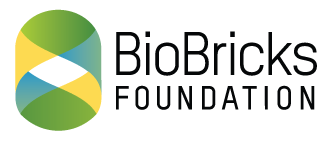about/BIOBRICKS TEAM & BOARD
TEAM
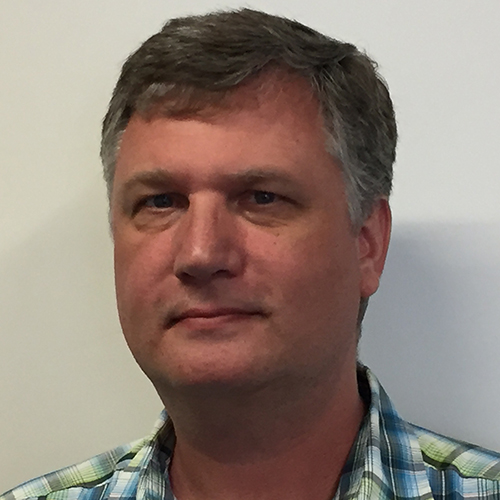
Brian Schulz
Managing Director
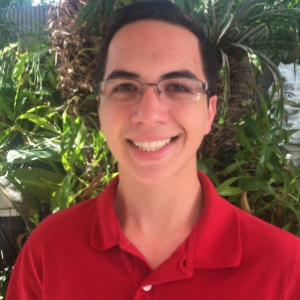
Keoni Gandall
Free Genes Project Lead
BRIAN'S BIO
KEONI'S BIO
BOARD
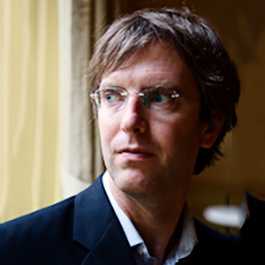
Drew Endy
Board Member

David Singh Grewal
Board Member
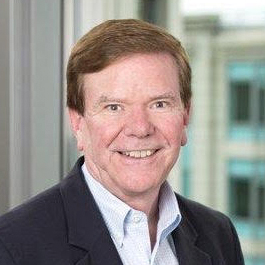
Richard A. Johnson
Board Member
DREW'S BIO
DAVID'S BIO
RICHARD'S BIO
Johnson also is engaged in broader policy issues that focus on: strategic policy issues related to innovation, the globalization of research and development, intellectual property policy, technology standards, knowledge markets, intellectual assets for value creation, and public-private partnerships; the internationalization of the research university and public-private research networks; and international health, eco-innovation (energy/environment), nanotechnology, and science policies.
DIRECTORS, EMERITUS

THANE'S BIO
Prior to his efforts as a “parallel entrepreneur”, Thane spent 14 years in various senior leadership roles at Affymetrix, Inc., which pioneered the DNA chip industry. Thane also currently serves on the Board of Directors for the BioBricks Foundation and the FDA Innovations Entrepreneurs in Residence program. Thane earned his MBA from the Stanford Graduate School of Business; his PhD in Neurosciences from Stanford University School of Medicine; and his BS in Chemistry from the University of Texas, Austin.

PAMELA'S BIO
Silver, Professor of Systems Biology at Harvard Medical School, received her B.S. in Chemistry and Ph.D. in Biochemistry from the University of California. She was a Postdoctoral Fellow at Harvard University, where she was a Fellow of the American Cancer Society and The Medical Foundation. Subsequently, she was an Assistant Professor in the Department of Molecular Biology at Princeton University. In 2004, she became one of the first members of the Department of Systems Biology at Harvard Medical School and the first Director of the Harvard University Ph.D. Program in Systems Biology.
Her work was recognized by an Innovation Award at BIO2007 and has been funded by grants from the NIH, DoD, NSF, Novartis, Merck, and The Keck Foundation. She currently holds an NIH MERIT award. She also initiated and co-directs the Harvard undergraduate team for the International Genetically Engineered Machines Competition (iGEM).

NATALIE'S BIO

MARK'S BIO
Mr. Fischer teaches Advanced Copyright at Suffolk University Law School and has previously served as an adjunct faculty member, teaching entertainment law and IP courses, at Berklee College of Music, Boston College Law School, Northeastern University School of Law and New England School of Law. Mr. Fischer is a 1980 graduate of Boston College Law School and a magna cum laude graduate of Emerson College.

JACK'S BIO
Newman received his doctorate from the University of Wisconsin, Madison, in the field of microbial physiology and gene regulation, and a B.A. in molecular and cellular biology from the University of California, Berkeley. Amyris is building an integrated renewable products company. Founded in 2003 and based in Emeryville, CA, Amyris is using breakthrough science and an innovative business model to address some of our planet’s most daunting problems. Amyris first developed their technology under a non-profit initiative to provide a reliable and affordable source of artemisinin, a highly effective anti-malarial therapeutic. They are now applying their industrial synthetic biology platform to provide alternatives to a broad range of petroleum-sourced products.
FOUNDING DIRECTORS, EMERITUS

TOM'S BIO
Considered by most to be a father of the field of synthetic biology, Tom Knight co-launched the Registry of Standard Biological Parts and the iGEM competition. He also invented the BioBrick™ standard for physical composition of genetic parts that underpins the Registry and iGEM competition.

RANDY'S BIO
Randy is coordinator of the International Genetically Engineered Machine (iGEM) competition. IGEM is the premiere undergraduate Synthetic Biology competition, started at MIT in 2003 by Rettberg, Tom Knight, and Drew Endy, and now drawing 180 student teams who use existing and newly created BioBrick™ parts to build biological systems and operate them in living cells.
Rettberg is also the manager of the Registry of Standard Biological Parts, a continuously growing collection of genetic parts that can be mixed and matched to build synthetic biology devices and systems. Founded in 2003 at MIT, the Registry is part of the Synthetic Biology community’s efforts to make biology easier to engineer. It provides a resource of available genetic parts to iGEM teams and academic labs.
